Education is the only viable, long-term way for a refugee to move forward from disadvantage, restriction and limitation. Free a mind, free a life!
SOME REAL FOOD FOR THOUGHT:
If you’re reading this…
- There’s a high chance you attended school and received a good standard of education, paid for by either the state or your guardian.
- There’s a chance your school had qualified teachers, equipment, and resources.
- There’s a chance that staff could meet your needs and keep you safe and well.
- There’s a chance you learned something and are still putting that knowledge to use in your life.
In refugee camps across East Sudan, thousands of children have no access to schooling.
They don’t have these ‘chances’.
The opportunity is precious, and for too many it never comes. Education is everything for a refugee child. It’s a ticket to a better life, a liberation from harshness and hardship.
Support the next phase of Ethar’s Education Programme, and bring better chances to thousands of children.

UN SDGs
FREEDOM FROM POVERTY
Our educational programmes work towards United Nations Sustainable Development Goal 4:
EDUCATION FOR EQUALITY
Key Facts
13 million children aren't in school
In Sudan, 13 million children aren’t in school. They’re in educational poverty or extreme educational poverty.
-UNICEF, 2022
-UNICEF, 2022
East African refugees are among the most disadvantaged
Two-thirds of refugee children in the world never enrol in a secondary school. In some countries, this figure is more than 90%.
- UNHCR, 2021
Sub-Saharan Africa has the highest rates of education exclusion.
EDUCATION & SKILLS TRAINING
Following the Covid pandemic, Ethar found itself in a unique position regarding the education landscape in East Sudan and surrounding regions. The devastating effects of Covid had caused many NGOs and organisations to pull out of their funding commitments to schools, sometimes due to the difficulties overcoming ongoing restrictions, and in other cases due to the need to concentrate on emergency aid instead of schooling.
As one of the few NGOs committed to this region, Ethar redoubled its efforts to ensure that children's schooling was not impacted for another year following the difficulties experienced during the peak of Covid. This was not without challenges: restrictions continued as well as loss of valuable experienced staff, shortfalls in funding activity, and other practical and logistical factors. Ethar continued in its determination to make sure that these programmes which have life-changing impact on the current and future generations are not lost and do not become collateral damage in the pandemic aftermath.
School support and educational activities
School support and educational activities
We continue to support the existing schools within our network to cover essentials, such as staff salaries and running costs, in order to ensure education remains accessible to the most vulnerable children including orphans, refugees (both newly arrived and generational), and those living below the global poverty line.
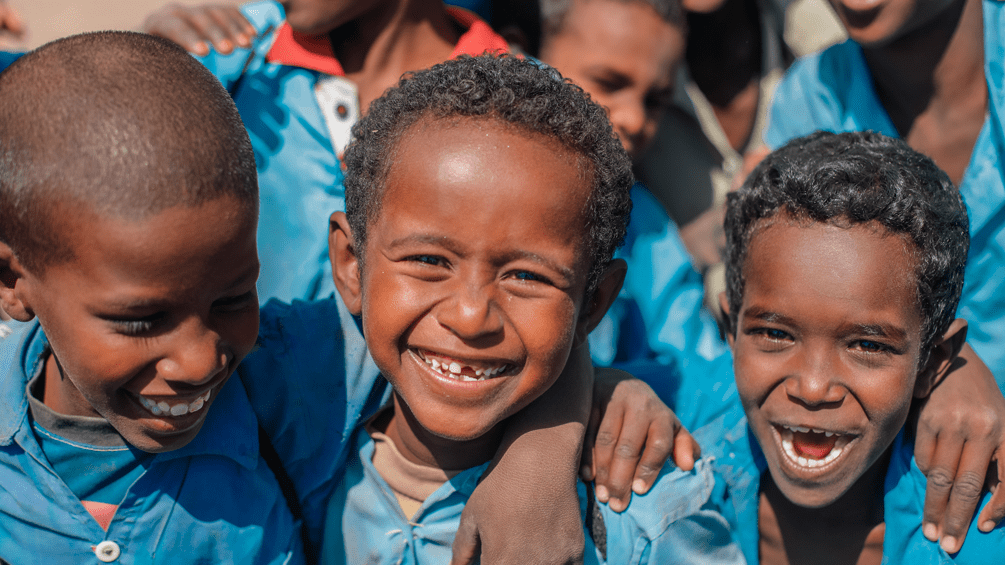
Core Schools
Core Schools
- Supporting our East Sudan core schools located in refugee camps and surrounding areas, comprising:
- One kindergarten
- Three primary schools
- Two secondary schools
- Sponsorship of these schools includes providing running costs, staff salaries for 90 staff, provision of books and other materials, and resources for 885 students
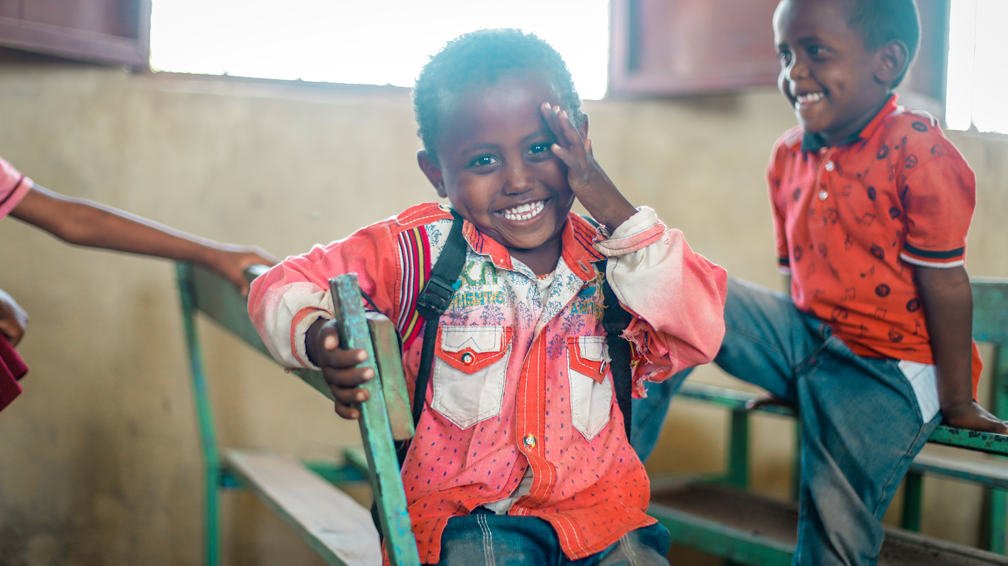
Flagship Schools
Flagship Schools
The Al-Mustaqabal Boys Boarding school and Al-Mustaqabal Girls Boarding school in East Sudan are two groundbreaking flagship programmes which provide full boarding and high quality education to pupils from mainly orphaned, extremely poor, and refugee backgrounds. Pupils enjoy high standards of education to prepare them for employment or further education, making a huge difference to their life prospects and to their families and communities. We continue to provide all materials, equipment, utilities and resources to meet the needs of the schools and their pupils, including meals and board. Furthermore, we sponsor the staff salaries and meals to ensure that pupils continue to receive the care and safeguarding they need.
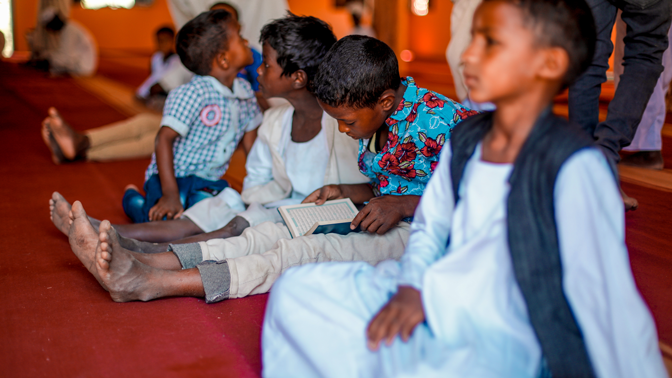
Traditional Schools
Traditional Schools
Also referred to as Quran Centres, these schools are an important pillar of the refugee community and enable children to gain crucial skills and practice rituals that are meaningful to their heritage and faith.
The completion of Quran memorisation and study is highly valued in Sudan, and graduates from these centres become eligible for pathways into further study in formal education institutions, including a range of subject and foundation English courses to aid their transition.
Many students travel long distances or are left by their parents to live at the centre until their studies are completed, due to their poverty status and the reassurance that their children will receive regular meals as well as an opportunity to learn and pursue further education afterwards.
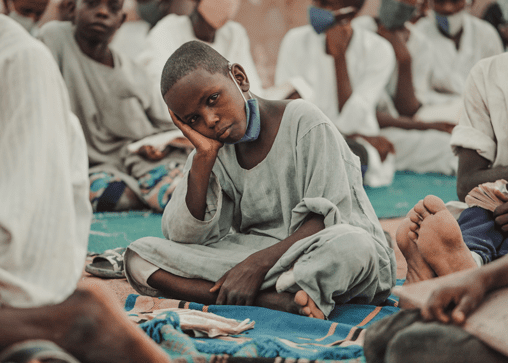
Emergency Schools
Emergency Schools
Following the Covid outbreak and subsequent disruption, five schools that cater for 1,990 students were left in need of support to remain open. Ethar provides funds to cover staff salaries for 122 staff across two primary schools and three secondary schools.
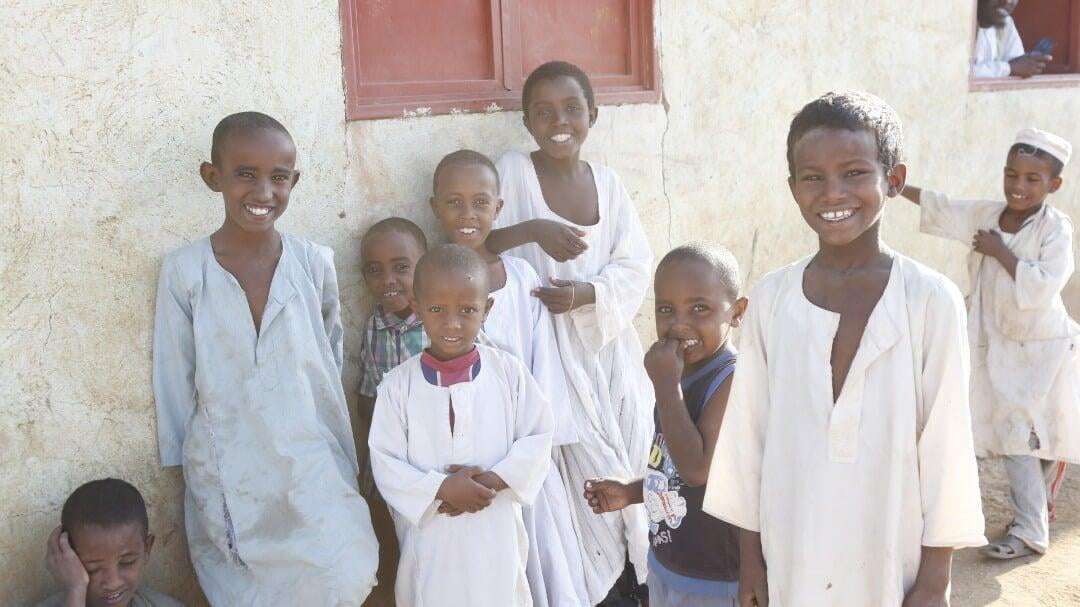
POSITIVE IMPACT OF EDUCATION
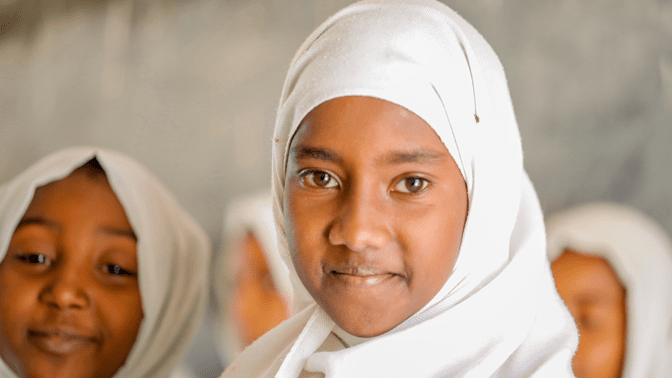
Education has the potential to save and change lives for future generations of refugees, meeting our vision to support these communities to become independent and self-sufficient. Therefore, educational projects form part of our core programmes.
The benefits of consistent access to education can be observed most starkly among vulnerable populations such as orphans, and refugee children whose families are struggling to take care of them. Furthermore, the education programmes give hundreds of local staff job security whilst enabling them to make a positive contribution to the community. Our staff are incredibly dedicated and have been serving the refugee children for a long time, in most cases making sacrifices in order to keep delivering for children in difficult circumstances and remote locations. They stay teaching in the camps and surrounding villages to give back to their communities and provide a living example of how to progress in life.
This year alone, despite the after-effects of the pandemic, we were able to provide education to approximately 5,748 children. They gain stability and food security through daily meals and by the consistent routine of attending schools and centres. Their basic needs are met and they have a greater chance of fulfilling their potential and aspirations, through growth and development that is essential during formative years.
Particular in the case of girls, successful graduation from secondary school and progression to further education creates awareness and recognition within the community. Educated girls are able to show, through their own example, how education creates opportunity for them and changes lives, thereby encouraging prospective parents to send their children to school.
SCHOOL FEEDING
PROGRAMME
Our School Feeding programme provides daily meals for pupils across 13 schools and Quran learning centres all year round. This fills families with confidence to send their children to school knowing they will be provided with all-round care, including their daily meals to a good nutritional standard. Nutrition is an essential part of learning and education in the refugee camps, and hungry children cannot be expected to pay attention to studies. Additionally, food is scarce at the camp and many children are kept back from attending schools that do not provide food as it represents a burden for the poorest families. Feeding children at school removes the opportunity cost faced by many families who would otherwise keep them at home or involve them in searching for food.
The positive impact of feeding programmes
Feeding programmes provide consistent food security and stability. They allow refugee families to focus on other aspects of their lives, to pursue employment, education or training without worrying about where their next meal is coming from. It leaves room for them to grow and flourish as a family, and children in those families don't have to sacrifice their education to help bring in an income. Consistent nutritional intake ensures that refugees are less likely to fall victim to illnesses stemming from poor food intake and malnutrition.
The school feeding programme ensures students have consistent meals, fulfilling their nutritional needs essential for growth. It further provides them with sustenance to be able to concentrate on their studies and helps to reduce dropout rates. It allows for a more effective and positive learning experience as their basic needs are being met.
The long term impact of consistent feeding programmes includes prevention of illnesses caused by malnutrition and maximisation of children's potential for growth and development, leading to better success rates in studies.






